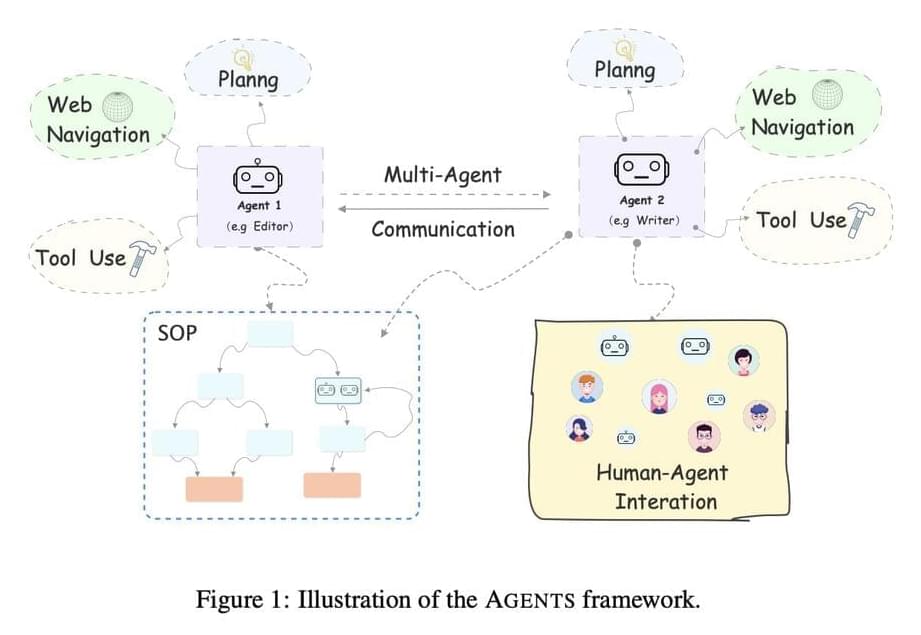In tasks like customer service, consulting, programming, writing, teaching, etc., language agents can reduce human effort and are a potential first step toward artificial general intelligence (AGI). Recent demonstrations of language agents’ potential, including AutoGPT and BabyAGI, have sparked much attention from researchers, developers, and general audiences.
Even for seasoned developers or researchers, most of these demos or repositories are not conducive to customizing, configuring, and deploying new agents. This restriction results from the fact that these demonstrations are frequently proof-of-concepts that highlight the potential of language agents rather than being more substantial frameworks that can be used to gradually develop and customize language agents.
Furthermore, studies show that the majority of these open-source sources cover only a tiny percentage of the basic language agent abilities, such as job decomposition, long-term memory, web navigation, tool usage, and multi-agent communication. Additionally, most (if not all) of the language agent frameworks currently in use rely exclusively on a brief task description and entirely on the ability of LLMs to plan and act. Due to the high randomness and consistency across different runs, language agents are difficult to modify and tweak, and the user experience is poor.
